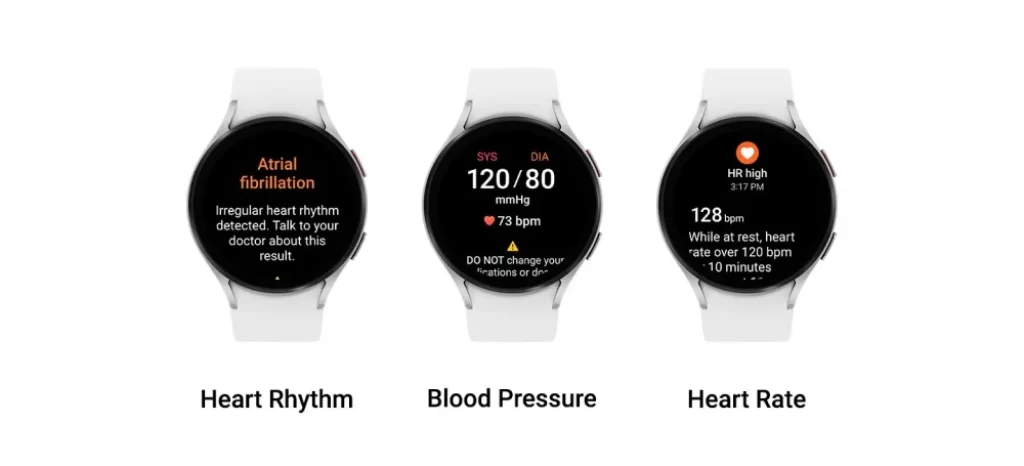On June 15th, Gizcoupon reported that Samsung Electronics announced yesterday that the Irregular Heart Rhythm Notification (IHRN) feature on the Samsung Health Monitor application would be launched this summer in 13 countries and regions, including the United States, South Korea, Argentina, Azerbaijan, Costa Rica, Dominican Republic, Ecuador, Georgia, Guatemala, Hong Kong SAR of China, Indonesia, Panama, and the United Arab Emirates.

According to Samsung, once users activate this feature within the Samsung Health Monitor application. The system will discreetly monitor abnormal heart rhythms using the biometric sensors on the Galaxy Watch. If multiple irregularities are detected continuously, the Galaxy Watch will alert users of the possibility of atrial fibrillation (AFib). Additionally, it will prompt them to perform a more accurate electrocardiogram (ECG) measurement using the watch.
Samsung stated that since its launch in 2020, the Samsung Health Monitor application has expanded to 74 markets worldwide. Furthermore, over 15 million Galaxy Watch users are currently utilizing the application to track and monitor blood pressure and electrocardiograms. The Irregular Heart Rhythm Notification feature, which is being introduced as part of the new One UI 5 Watch, will first be available on the upcoming Galaxy Watch devices to be released later this year. Subsequently, it will be extended to previous models in the Watch 4 and Watch 5 series.
Previously reported by Gizcoupon, this new service from Samsung received approval from the U.S. Food and Drug Administration (FDA) in May of this year. Additionally, it obtained approval from the Ministry of Food and Drug Safety (MFDS) in South Korea last week. It is important to note that this service does not substitute for traditional medical diagnosis and is not suitable for users under the age of 22 or those with known arrhythmias other than AFib.